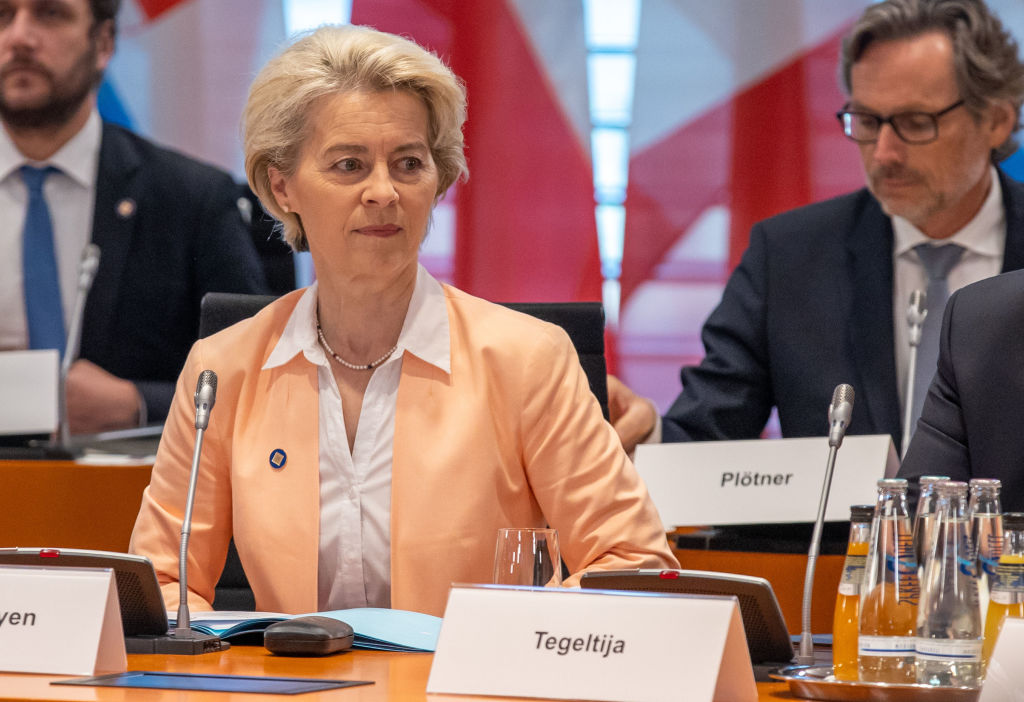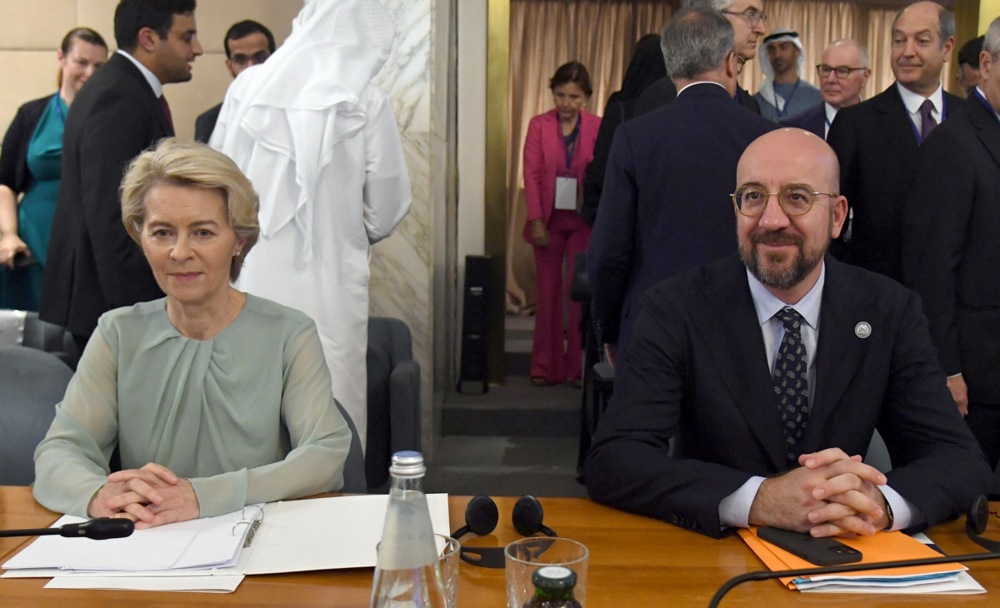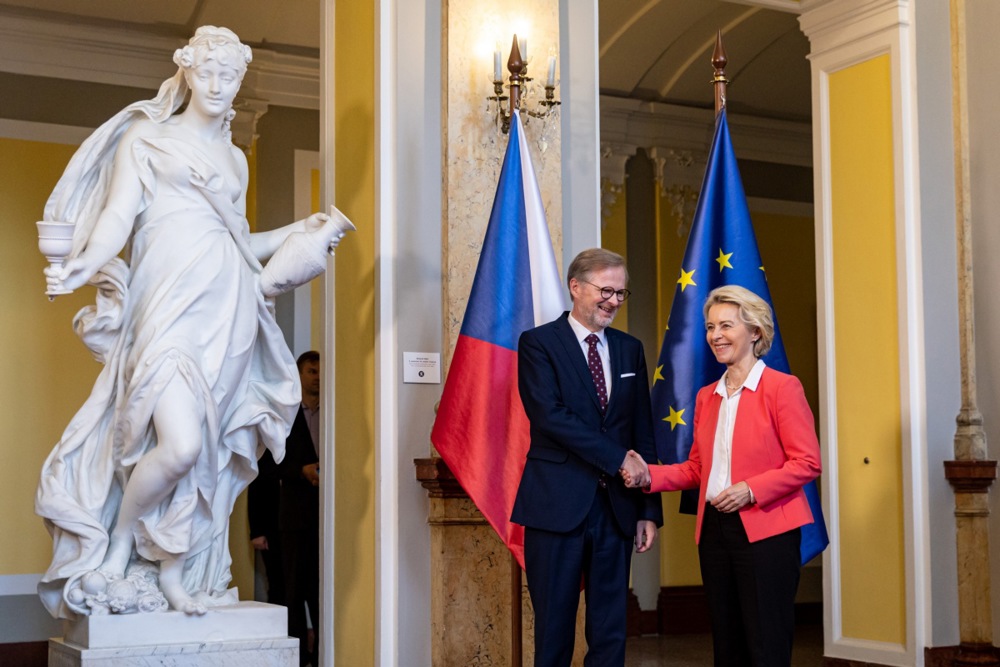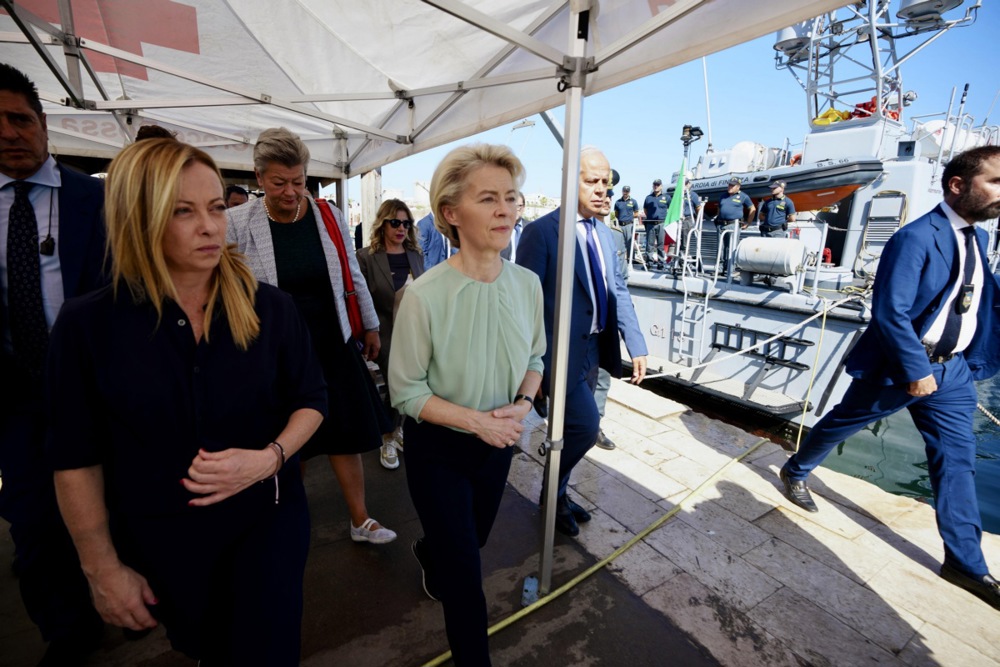The President of the European Commission Ursula von der Leyen made a four-day visit starting October 30 to North Macedonia, Kosovo, Montenegro, Serbia, and Bosnia and Herzegovina, all of which hope to join the European Union.
The five nations have had difficult relations between themselves and tensions are still running high today. Nonetheless, Von der Leyen would like them in the bloc.
To make that possible, she said she wanted to see “positive” reforms, unity and peace. In exchange for that, she promised investments and loans would be made available to the countries.
During her trip, von der Leyen discussed details of a €6 billion investment package consisting of €2 billion in grants and €4 billion in loans.
The EU wants the countries to enhance economic ties before pursuing political integration.
The Western Balkans stand to reap a number of benefits, including the ability to trade goods and services and operate within industries such as energy networks, digital technology and transportation.
Von der Leyen said the region should take advantage of the “window of opportunity” for EU enlargement and work to bring their countries into line with European standards.
In each country visited, von der Leyen gave a similar message praising reforms so far and highlighting economic opportunities that lie ahead. She also underlined the need for anti-corruption efforts, a focus on energy security, and what she termed the power of diversity.
She described the progress on such issues in North Macedonia as “amazing”.
Von der Leyen highlighted the so-called Growth Plan for the Western Balkans, which gives access to key parts of the European Single Market, and to the Common Regional Market. It also calls for reforms in public administration and finances and includes investment plans.
One of her most positive speeches on EU enlargement regarded Montenegro, where von der Leyen noted: “We should now go the last mile and bring it over the finish line.”
In Kosovo, she spoke of “steady progress”, especially on visa liberation, which she dubbed “an important milestone”. She also repeated the economic benefits of toeing the EU line and called for further reforms.
But Kosovo will be a tough nut to crack, as neighbouring Serbia does not recognise it. Towards the end of September there was a disturbing and violent incident between ethnic Serbians in the North of the region.
“We all have our history,” von der Leyen said. “The history of enlargement is a history of countries that came out of the Second World War.
“It is a history of peace and of reconciliation and of normalisation of relations, and therefore this is a precondition to join the European Union.
“We all know we only can achieve all these steps forward and successes if Kosovo and Serbia normalise relations. It is absolutely crucial for both to engage, to co-operate,” she added.
“And we’ve discussed the topic together that Kosovo could launch the procedure to establish the Association of Serb-majority municipalities.”
The latter is an idea from within EU circles in which Kosovo would build an association of Serb-majority municipalities. In exchange, it wants Serbia to recognise Kosovo officially.
That will not be easy; Serbian president Vučić had already said he would never recognise Kosovo, either directly or indirectly.
After their discussion, Vučić said Serbia was “committed to preserving peace and stability and knows its obligations”.
Elsewhere, Bosnia and Herzegovina was granted candidate status just last year after fears in Brussels rose over a possible destabilisation in the Balkans due to the war in Ukraine.
EU officials welcomed the reform steps taken so far by the country, while calling for intensified efforts to deliver further on them, ensuring that they consistently meet European standards.
The officials also expressed serious concern over the legislative initiatives and announcements in the Republika Srpska, in the North and East of the country, which seems to many to be acting as a secessionist renegade.
Despite diversity being the hallmark strength of both the EU and Bosnia and Herzegovina, von der Leyen pleaded for unity in the nation and her comments there were by far the most critical.
The visit by the EC chief came just before the most recent batch of enlargement progress reports are due to be made public early in November, which will encompass candidate states from the Western Balkans and beyond.





